Heart health Guardian
Nurturing Hearts with the Soothing Embrace of Tea

The aflavins in tea help reduce blood cholesterol, which ultimately helps reduce the chances of heart stroke. Various studies have shown that drinking two cups of black tea daily can help prevent heart stroke. Tea is a healthy drink that when consumed moderately. It improves overall heart health by reducing cholesterol, managing blood pressure, fighting off free radicals, and strengthening immune system.
The aflavins in black tea help reduce blood cholesterol, which ultimately helps reduce the chances of heart stroke. Various studies have shown that drinking two cups of black tea daily can help prevent heart stroke. Black tea in the masala chai contains high levels of antioxidants that keep free radicals in check. Free radicals can cause heart inflammation.
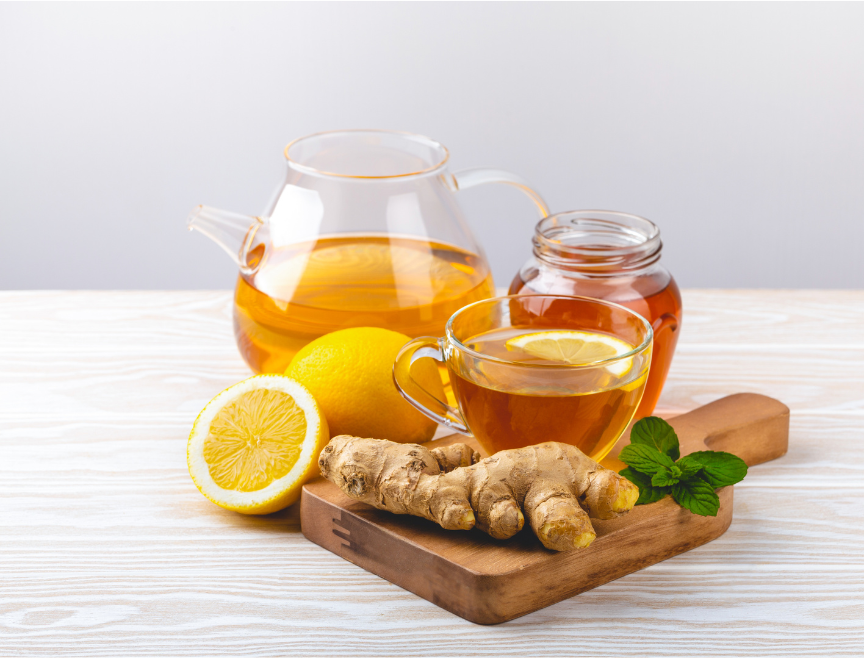
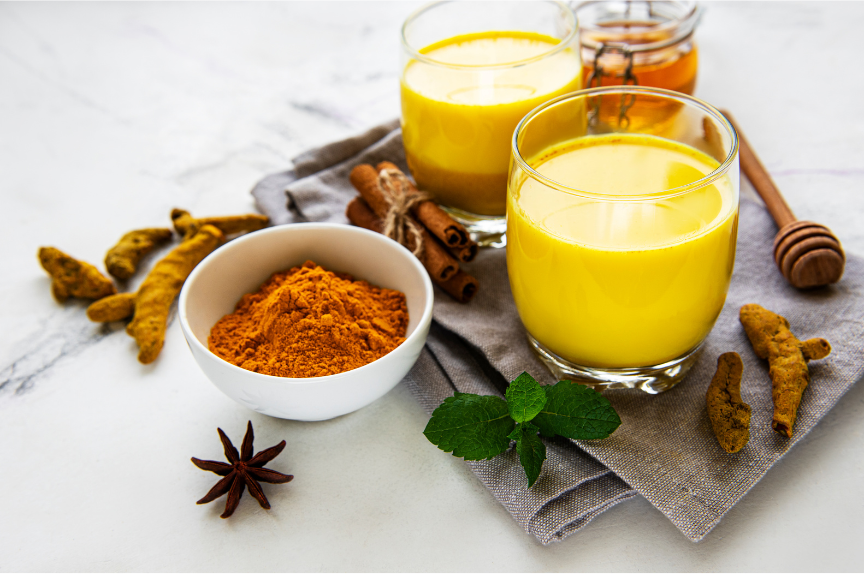
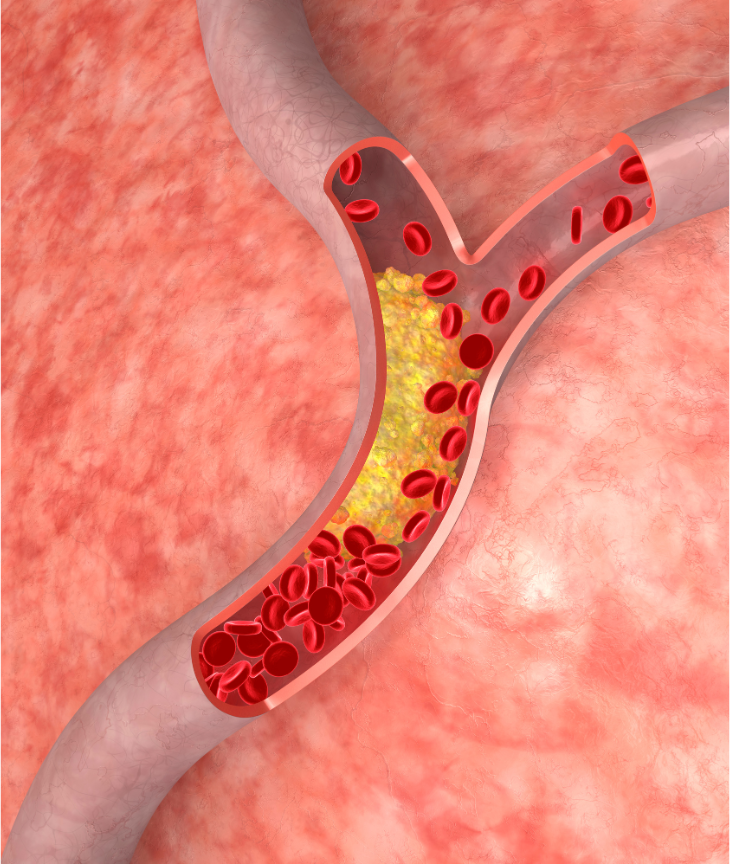
Various studies have found that green tea is helpful in lowering LDL or bad cholesterol, the main culprit for heart-related problems. The high concentration of antioxidants in green tea helps dilate blood vessels and reduce blood pressure that otherwise poses a risk of heart attack.
Ginger is effective in lowering the lipid levels in the body. In short, it plays a crucial role in preventing atherosclerosis. It also prevents blood clots and lowers blood pressure. A regular intake of ginger tea can have a significant effect on heart health, especially among heart patients. A masala tea with clove and cardamom as its ingredients can help prevent plaque buildup in the arteries and ensure good blood flow in the heart.

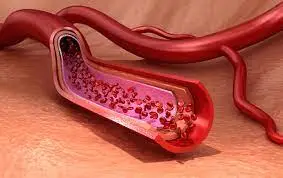
Various studies have found spearmint tea effective in reducing stress and preventing anxiety. Spearmint has properties of menthol that refresh the senses and rejuvenate the body. Some studies have also found that spearmint tea stimulates the GABA receptors in the brain that help prevent stress.

People with gastritis should be very careful when taking ginger tea as it may irritate the stomach and cause heartburn. A study conducted in China has found that people who drank 10 ounces of oolong tea weekly had low levels of cholesterol and triglyceride. The result was the same for people who drank an equal portion of green tea.
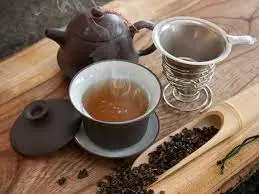
Turmeric tea contains curcumin, which helps reduce inflammation. Arthritis patients can greatly benefit from turmeric tea as it helps reduce inflammation in the joints. Cinnamon, ginger, and clove in the masala chai make it an anti-inflammatory drink. Its intake can help reduce inflammation and work to ease pain. So next time, instead of gulping painkillers, try masala tea.
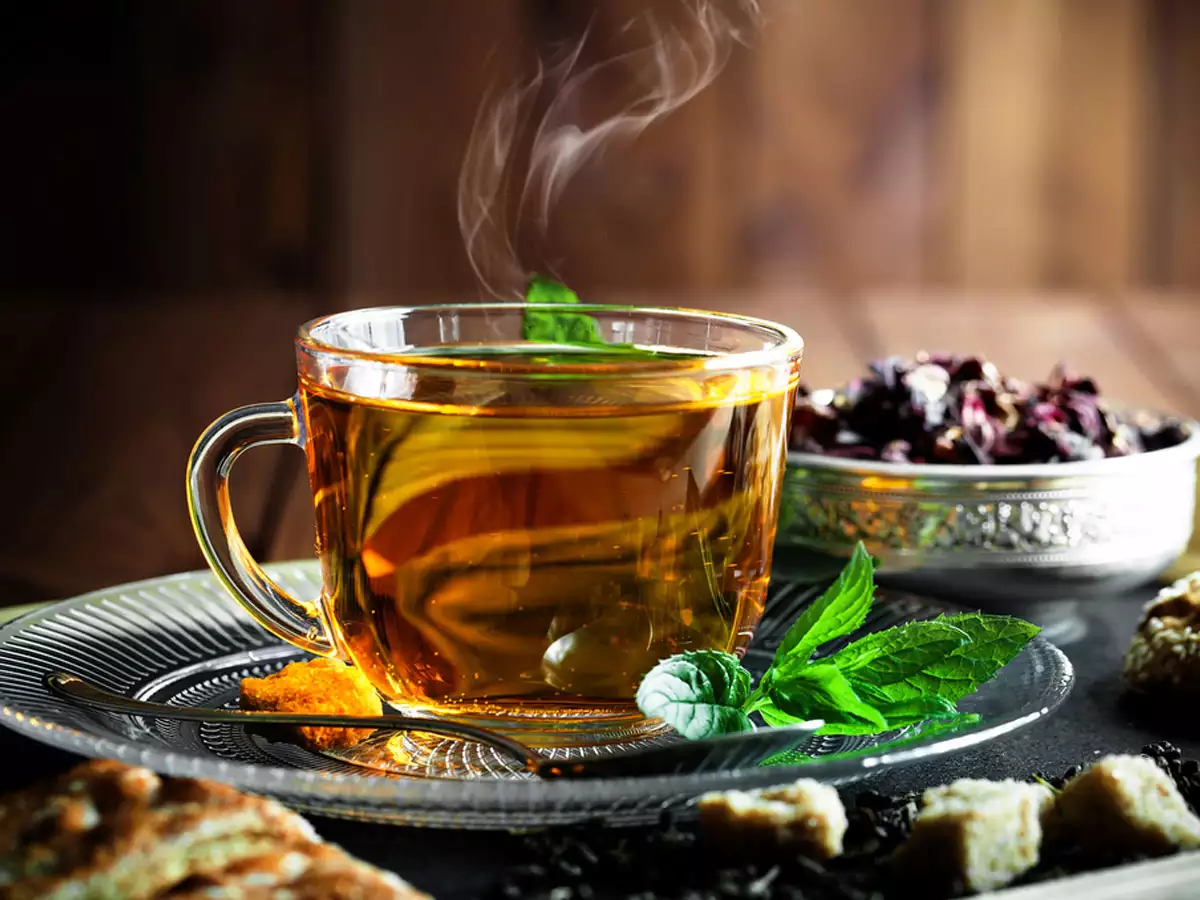
Green tea is the most recommended beverage by dieticians for its ability to help weight loss. Green tea contains catechins, a type of antioxidant that helps burn fat. Catechins enhance metabolic rates and help burn fat while exercising. Hibiscus tea is rich in anthocyanin, cyanidin, and delphinidin, which help in weight management.

Various studies have found that ginger increases thermogenesis, which helps stimulate the fat-burning process in the body. Ginger has also been found effective in lowering the fasting serum glucose levels and A1C levels in type-2 diabetes. According to research, ginger contains certain enzymes that define how carbohydrates are metabolized. Ginger also has lipid-lowering qualities that make it effective in preventing diabetes.
Tea no doubt is a healthy drink. But it is also important to have a healthy diet plan. Eating healthy and exercising can help maintain a good health. People at risk of heart problems should check with their doctors and opt for a healthy life style. Although tea can help ease symptoms of heart problem it is not good to have too much of it as it can cause heartburn and acidity.